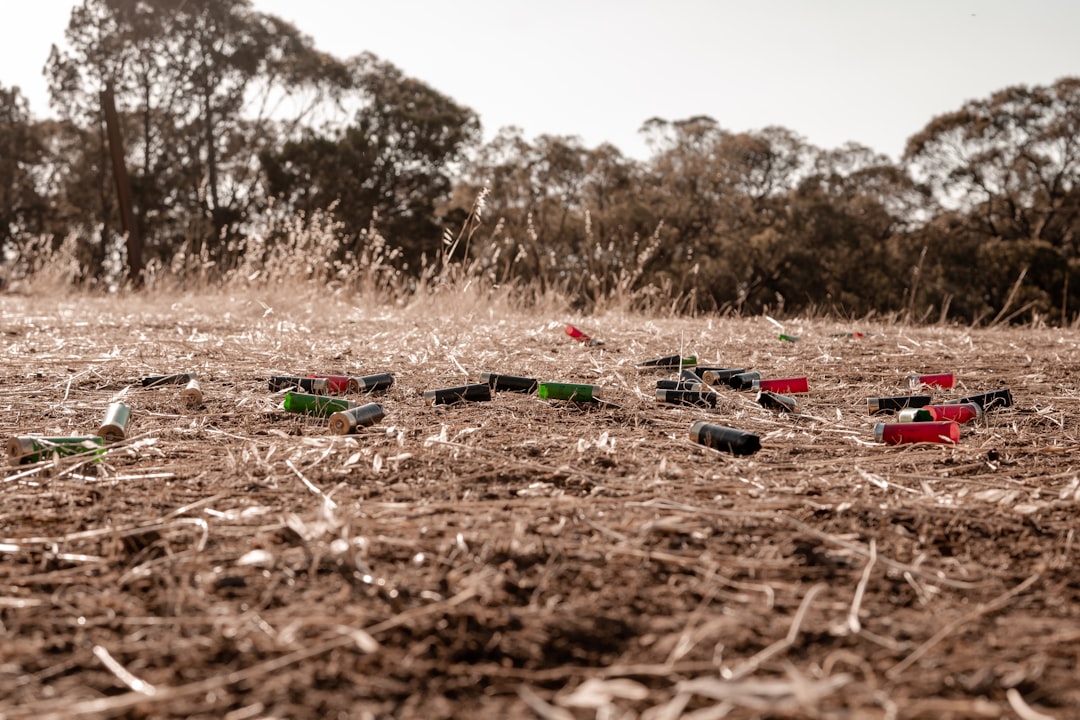What is it about?
Past climate change is considered very influential for environmental conditions and human societies in Turkey, and the broader Eastern Mediterranean. However, examining these relationships is tricky as you need strong evidence for past climate, environment, agriculture, and humans. This evidence must also be close to one another as these relationships vary a lot. We have produced a record of settlements in Lycia-Pamphylia (SW Turkey) as this was the missing link in this region, there was already strong evidence for the other aspects. We looked at three previous periods where climate is said to have been impactful, all during Roman occupation (50 BCE - 700 CE). We found two of these theories untrue, whilst the third was challenging to assess as disease, environmental change, earthquakes and conflict occurred at the same time as dry conditions.
Featured Image

Photo by Ronan Dorard on Unsplash
Why is it important?
Our findings show that climate change has often be adapted to by ancient societies, however doing so is harder when other events occur at the same time.
Perspectives
This research took multiple years to produce, but the effort was worth it and it was made much easier by a great team of collaborators, all of whom will become long term collaborators. I think this paper is a strong example of how to engage with climate impacts in the ancient past, where evidence is not as abundant as we would like. There were also scary parallels with today, including the recent earthquakes in Turkey that were exacerbated by war and covid. I hope you find it interesting!
Matthew Jacobson
Read the Original
This page is a summary of: Settlement, environment, and climate change in SW Anatolia: Dynamics of regional variation and the end of Antiquity, PLoS ONE, June 2022, PLOS,
DOI: 10.1371/journal.pone.0270295.
You can read the full text:
Resources
Late Antique decline in Lycia-Pamphylia: How can we more confidently assess the environmental aspects?
In a recent study, we assessed the impact of climate change on settlement patterns in Lycia-Pamphylia, SW Turkey. However, the mediating variables between climate and society, agriculture and the environment deserved further attention. Here, we look at how we might explore these factors for a period of settlement decline at the end of Antiquity going forwards.
Phys.Org Press Release for Paper
A new study of the ancient world of Anatolia—now Turkey—shows how they adapted to climate change but offers a warning for today's climate emergency.
New University of Glasgow study shows how the ancient world adapted to climate change
Glasgow City Website Press Release
Contributors
The following have contributed to this page










